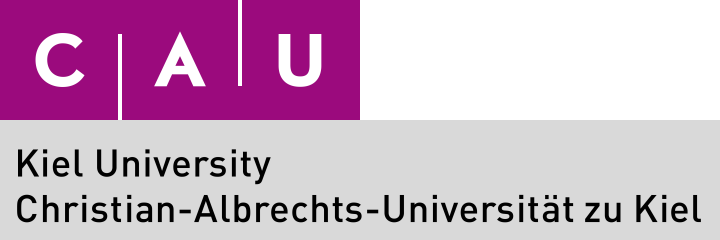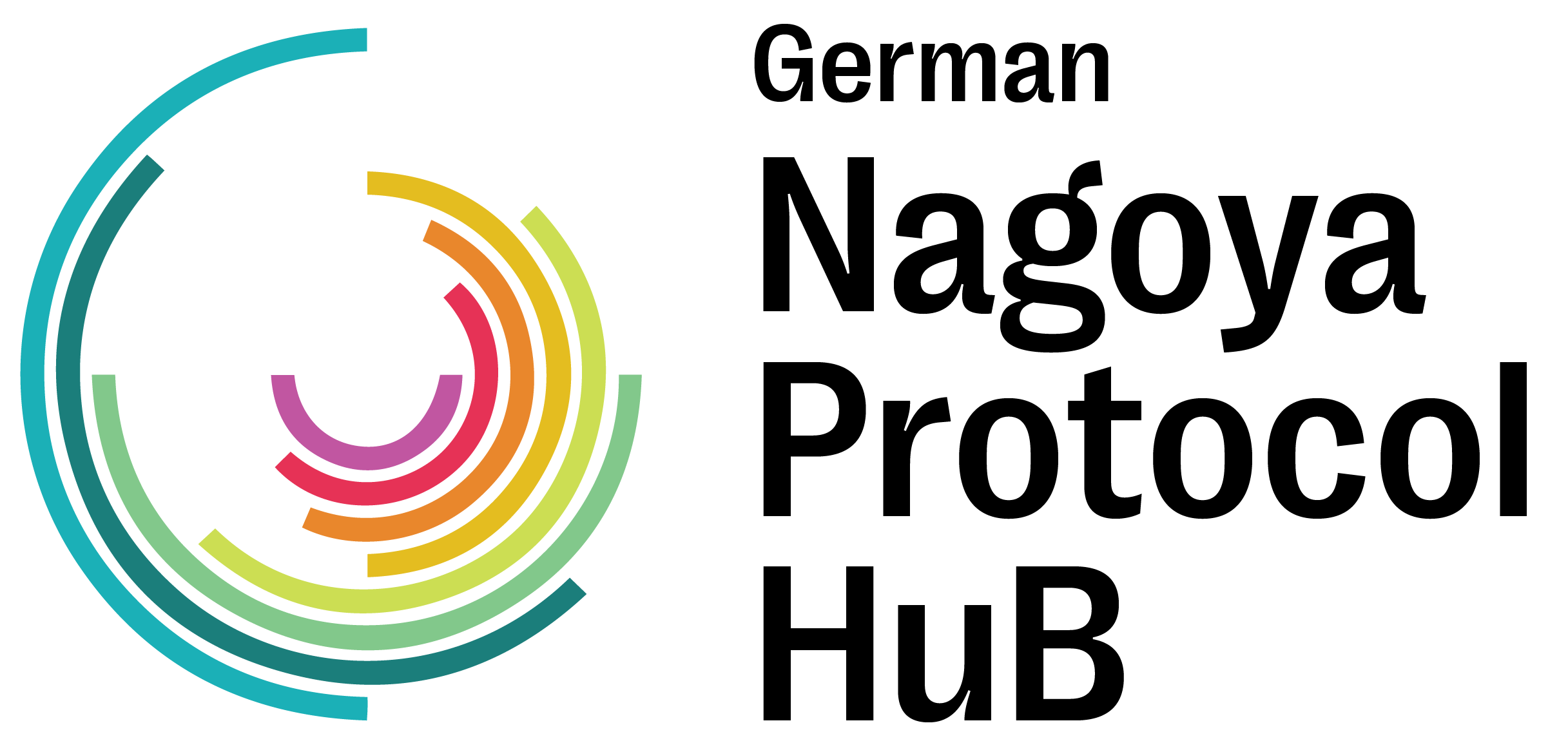Compliance stories
Learning from experience: Kiel University
Type of institution: A public university in Germany
Compliance strategy: Kiel University has developed a strategy to address Nagoya Protocol compliance with three core focus areas:

Institutional policies
Internal guidelines are currently being developed which clearly divide the responsibilities and tasks between the key players. These are:
- the principal investigators or senior scientists with permanent positions
- the Nagoya Protocol compliance officer
A goal for the future is to pass these internal guidelines through the senate and the presidium of the University to ensure they will be binding for employees.
Principal investigators or senior scientists with permanent positions
All researchers at Kiel University are expected to ensure that their research is Nagoya Protocol compliant. Principal investigators or senior scientists with permanent positions are responsible for submitting due diligence declarations. They are also responsible for obtaining ABS documentation, including signing benefit-sharing agreements. This is intended to ensure that the material can continue being used at the university when researchers in temporary positions leave.
Nagoya Protocol Compliance Officer
Since: 2017, officially in the role as compliance officer since April 2019
Department: central administration, catering to all 8 faculties
Time dedicated to role: 2017-2019 (50%), 2019-present (25%)
Contact: nagoya@uv.uni-kiel.de
Main duties:
- Provide researchers with general information about ABS and the Regulation (EU) No 511/2014
- Support researchers with acquiring ABS documentation
- Support researchers with submitting their due diligence declarations
The compliance officer is also active in the German Nagoya Protocol HuB Network.
What are the lessons learned?
![]()
Although there is a compliance officer who provides support, it is important that the individual researchers still understand that they are responsible for obtaining any ABS documentation and fulfilling the due diligence obligations.
![]()
High level institutional support for compliance and the role of the compliance officer is key.
![]()
Institutions should consider having procedures in place to deal with difficult cases.
Awareness-raising
There are three main elements to the awareness-raising campaign at Kiel University:
- a webpage
- presentations
- targeted emails
Website
Kiel University has a public website about the Nagoya Protocol (in English and German).
It provides basic information about researchers’ obligations and the legal consequences of non-compliance, a checklist to determine whether the proposed use of the material falls within the scope of Regulation (EU) No 511/2014, a standard material transfer agreement (MTA) for Nagoya Protocol relevant material and the contact details of the compliance officer.
The content took several months to develop and involved support from the competent authority in Germany, the German Federal Agency for Nature Conservation (Bundesamt für Naturschutz, BfN). Since the website was launched, the enquiries received by the compliance officer have become more concrete because the information on the website covers researchers’ basic questions.
Presentations for administrative staff and researchers
Presentations for administrative staff :
- 20 minutes
- provide information on why the Nagoya Protocol is important and how it affects research activities at the university
- the role of the compliance officer is explained
- emphasis is placed on the importance of collaboration between the compliance officer and the Technology Transfer office in order to ensure that any biological material leaving or coming into the university is checked for compliance
Presentations for researchers (employees and students) :
- 90 minutes, including 45 minutes for questions
- provides basic knowledge about how the Nagoya Protocol affects their day to day research activities
- Addresses definitions, the question of scope and common misconceptions
Targeted Emails
Targeted emails were sent to 38 Professors who were identified as being potential “users” within the meaning of Regulation (EU) No 511/2014.
While not all recipients responded to these emails, this awareness-raising activity led to a number of requests being made to the Nagoya Protocol Compliance Officer for more information or researchers sought clarification on whether their research falls within the scope of the EU law.
What are the lessons learned?
![]()
The information provided on the website and in presentation has to be formulated in easy to understand language – speak the language of your target audience! Different target groups may also need different messages, e.g. communicating to researchers is different to communicating with the university administration.
![]()
Although the information provided must be comprehensive enough to ensure there are no misunderstandings, it is important to avoid overloading researchers and confusing them with too much information, especially in the beginning.
![]()
Due to the international nature of research at the university, information on compliance has to be provided in both English and German.
![]()
PhD students and early career scientists may be more receptive to new compliance requirements that could affect their future careers. Focusing on a strong bottom-up strategy to engage and inform the “younger generation” can enhance understanding and compliance.
Tracking system
There are three main different elements to the tracking system at Kiel University:
- decentralized document storage
- a modified material transfer agreement (MTA)
- a centralised DECLARE account
Decentralized document storage
Researchers are responsible for storing ABS documentation.
If research does not fall under the scope of the Regulation (EU) No 511/2014, researchers are required to record why this is the case.
Modified material transfer agreement (MTA)
The university has developed a modified MTA for any material that is Nagoya Protocol relevant. This was developed together with the legal officer and technology transfer department.
All MTAS relating to biological material are sent to the Nagoya Protocol compliance officer, who checks for Nagoya Protocol relevance before the MTA can be signed by the university.
Legal support on contracts is also provided on an individual basis by the university’s legal department.
Centralised DECLARE account
A centralised account for the European Commission’s DECLARE System was set up at Kiel University.
Although researchers are responsible for submitting a due diligence declaration about their research, the university maintains an overview of all declarations submitted through the university account.
What are the lessons learned?
![]()
Support from the legal department is important for determining roles and modifying the material transfer agreement. At Kiel University, the responsible lawyer was highly engaged and got actively involved in the process.




